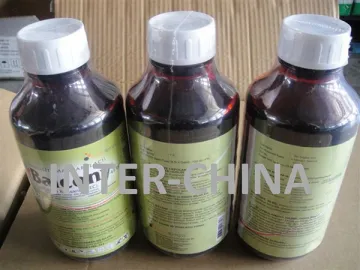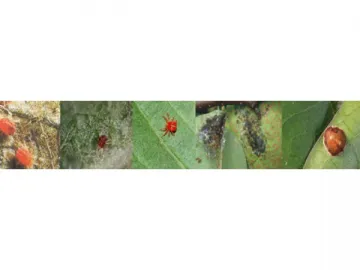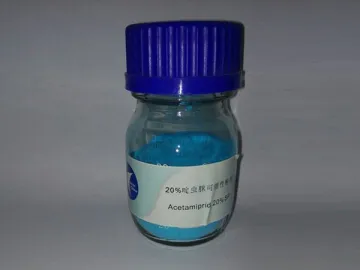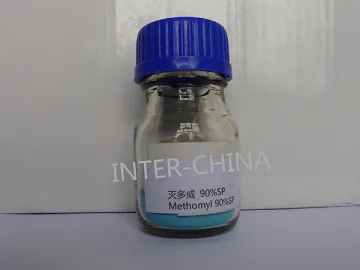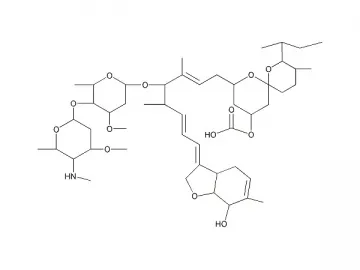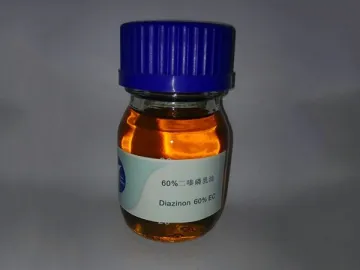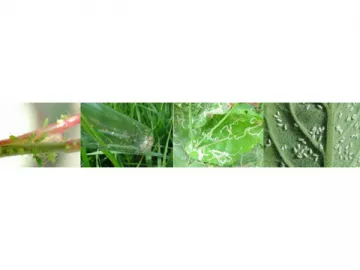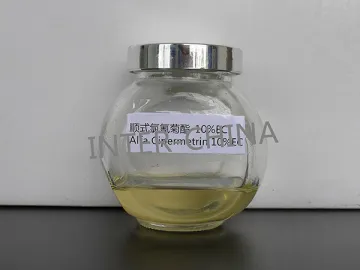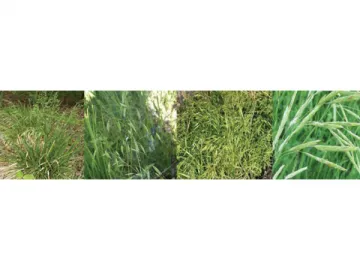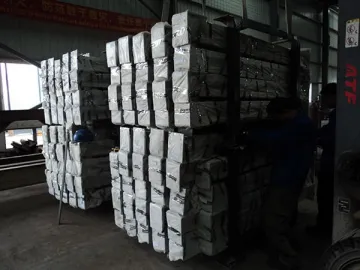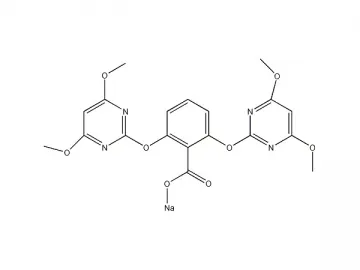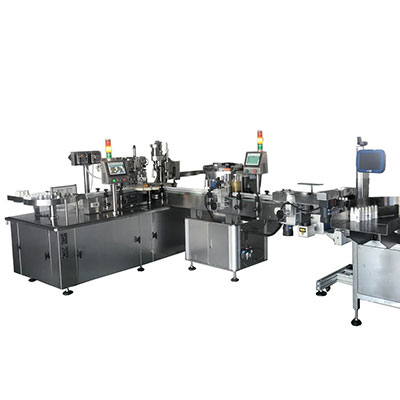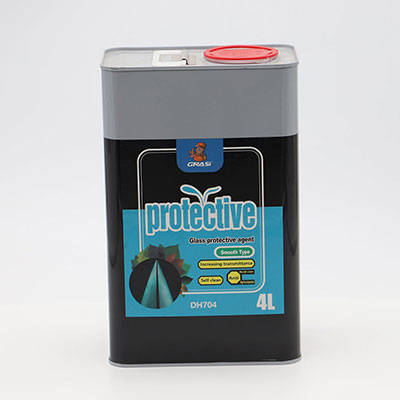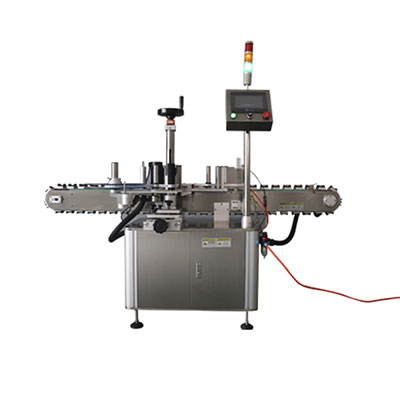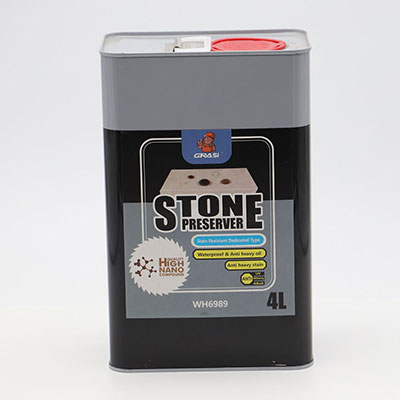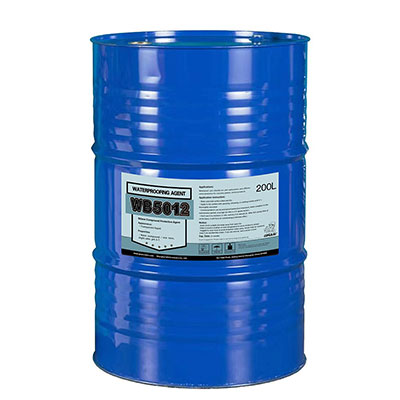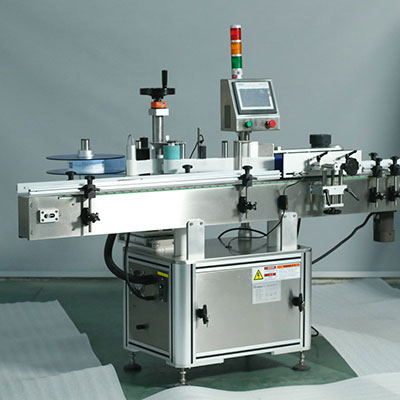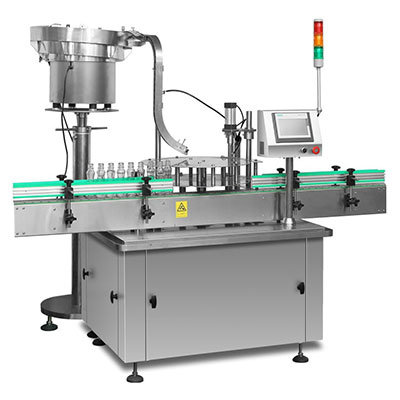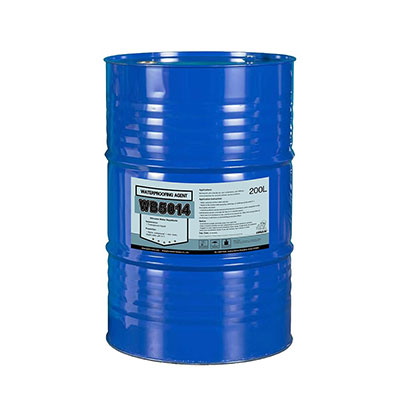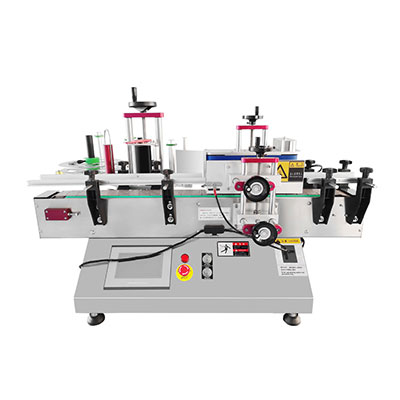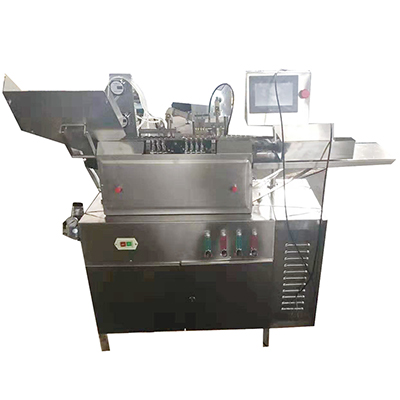Paraquat Dichloride
CAS NO.: 4685-14-7
Paraquat dichloride is one of the most widely used weed killers in the world. It is a quick-acting and non-selective viologen that kills green plant tissue on contact. It is also toxic to human beings and animals.
Function
Paraquat dichloride is used as a quaternary ammonium herbicide. It is redistributed within the plant, but does no harm to mature bark. This chemical for farming use is able to protect crops by controlling a wide range of annual and certain perennial weeds that would otherwise compete with the crop for water, nutrients, and light.
Uses and Dosage
| Crop | Target | Rate of Use | Application |
| Apple garden | Weeds | 450-750 g/ha. | Spray |
| Cotton field | Weeds | 450-600 g/ha. | |
| Tea garden | Weeds | 450-750 g/ha. | |
| Sugarcane field | Weeds | 500-800 g/ha. | |
| Fruit garden | Weeds | 600-900 g/ha. | |
| Woods | Weeds | 700-900g/ha. | |
| Corn field | Weeds | 450-650 g/ha. |
Benefit
1. As a non-selective herbicide, the substance can kill a wide range of annual grasses and broad-leaved weeds as well as the tops of established perennial weeds.
2. It is a very fast-acting weed killer used to achieve rain-fast within minutes of application.
3. This farm chemical becomes biologically inactive upon contact with soil.
Note
1. When being ingested, pure paraquat dichloride is highly toxic to mammals including humans.
2. It is potentially leading to acute respiratory distress syndrome (ARDS), although there are no specific antidotes. However, fuller's earth or activated charcoal could be an effective treatment, if taken in time. There were also some successful cases of using Cyclophosphamide (Endoxan) to treat the herbicide poisoning.
3. If diluted and used for spraying, this agricultural chemical would be less toxic. Therefore, the greatest risk of accidental poisoning is during mixing and loading this chemical for use.
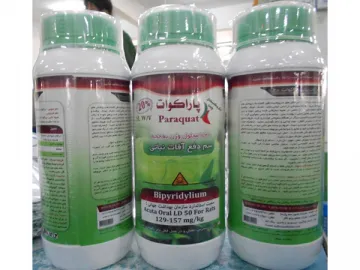
Technical Parameters
1. Paraquat Dichloride 27.6% AS
| Items | Specification | Method |
| Appearance of Solution | Dark-blue to green homogeneous liquid | N/A |
| Effective Constituent | ≥276.0g/L | HPLC/UV |
| PH Value | 4.0-7.0 | MT 75.3, CIPAC Handbook J,p.131,2000 |
| Emetics | ≥0.04% | TLC-UV |
| Mass Fraction of 4,4’ Pyridine | ≤0.056% | 56/13/M/7.4, CIPAC 1A,p.1317,1980 |
| Dilution Stability | NMT 20PPm <20PPm | MT 41, CIPAC Handbook F,p.131,1995 |
2. Paraquat Dichloride 200g/L SL
| Items | Specification | Method |
| Appearance of solution | Dark-green transparent liquid | N/A |
| Content, g/L | 200±12 | HPLC/UV |
| PH Value | 3.0-6.0 | MT 75.3, CIPAC Handbook J,p.131,2000 |
| Miscibility with Water | FAO standard | TLC-UV |
| Storage Stability at 0℃ | Comply with above | 56/13/M/7.4, CIPAC 1A,p.1317,1980 |
| Storage Stability at 54℃ | Comply with above | MT 41, CIPAC Handbook F,p.131,1995 |
Links:https://www.globefindpro.com/products/75784.html
